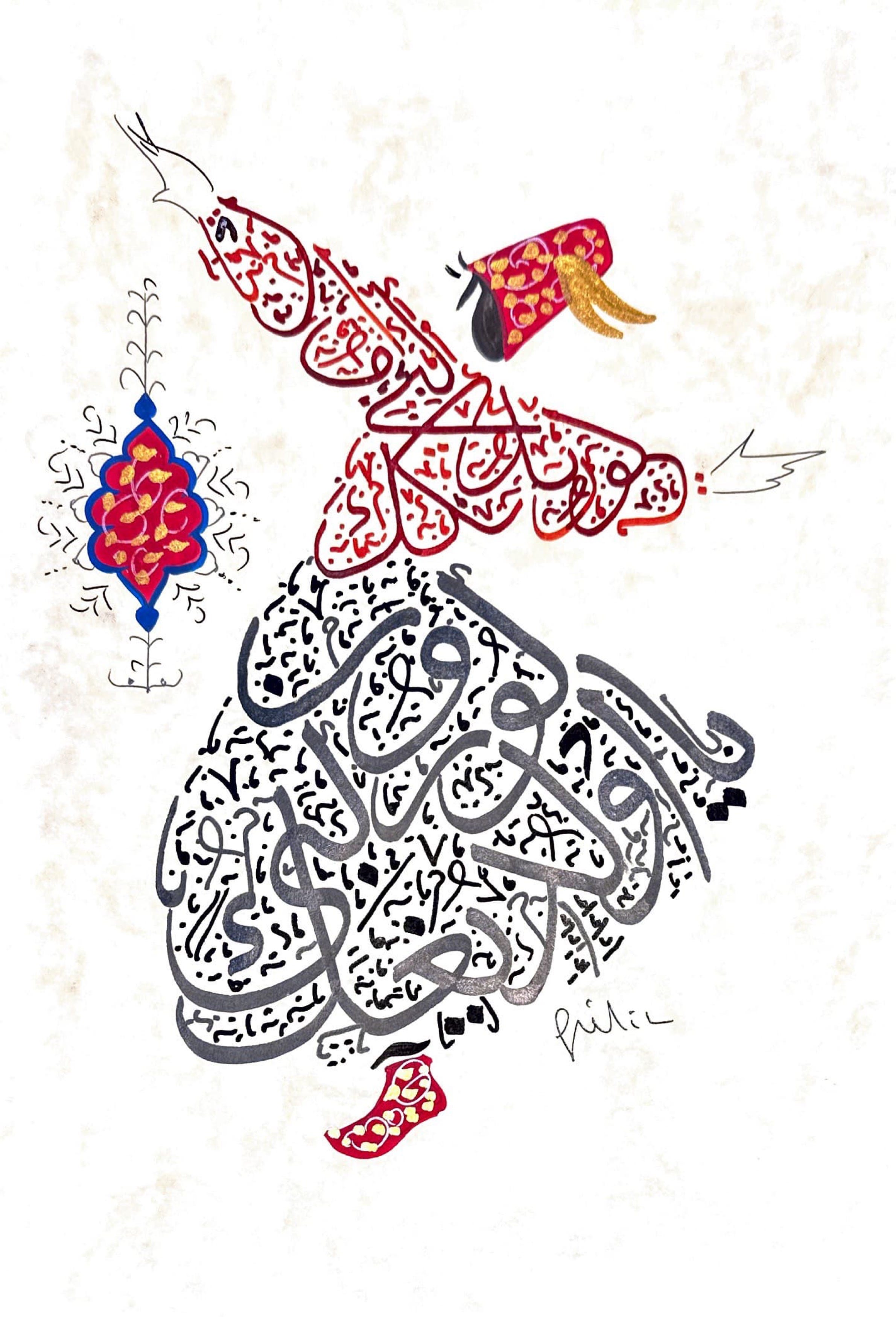Notes from Konya
Notes from the Overground I
We arrived early from İstanbul—Erdoğan’s high speed trains lace seamlessly across the Anatolian plateau, staining the grey-green steppe blue, white and red. The provincial cities of Turkey reek of change, of investment from a new Sublime Porte. Starboard-side as we journeyed from Konya station—mercilessly ignored by local dolmuş drivers vanishing past—is a resplendent sign of the AKP renaissance. A new mosque, larger perhaps than any other in the mystic city, looms incomplete, its minarets climbing up towards the heavens. Progress is rapid; soon, it will resemble the great Ottoman mosques of old. Until then, its steel girders will spike jarringly from the concrete frame, more like the mud-mosque of Djenné than Sultan Ahmet.
—
We eagerly welcomed our first, true, and extremely Turkish, culinary experience: Konya lamb. For both lunch and dinner—so obsessively we supped—we scoffed down nothing but bread and a lamb slow-cooked, oily and deep—the progeny of an unbroken succession of Turkmen shepherds that have occupied the highlands of Rum since that fateful day at Manzikert a thousand years ago.
—
The two-headed eagle still rules this roost, though imperial diadem has been forsaken for sultan’s turban. This layered land has seen countless masters, countless prophets, countless conquerors. And yet, the double sign remains; its royal wings beat up desert blades and desert sands. Forlornly it gazes over the arid plateau that is its kingdom, shrunken by the crushing bureaucracy of the modern republic. In a cruel instance of oriental irony, its twin soars high over ancient Athos, grieving for its once great people, now lost to time.
—
Nothing of Rome remains,
But the name of those Seljuq khans.
Traces of turquoise, greens and blues;
Traces of Samarkand, Timur, ulus.
—
And yet, that Roman remains, who lies under gold-green dome.
A quilt of the word of God, as black as endless space,
blankets his mortal body, elevates his immortal soul.
The tears of prayer fall, purifying in reverential bliss
the pilgrims the portal of his poetry did transform,
seeking further contact in sensuous touch
the ideas of the master that mournfully
only the mind can grasp.
—



